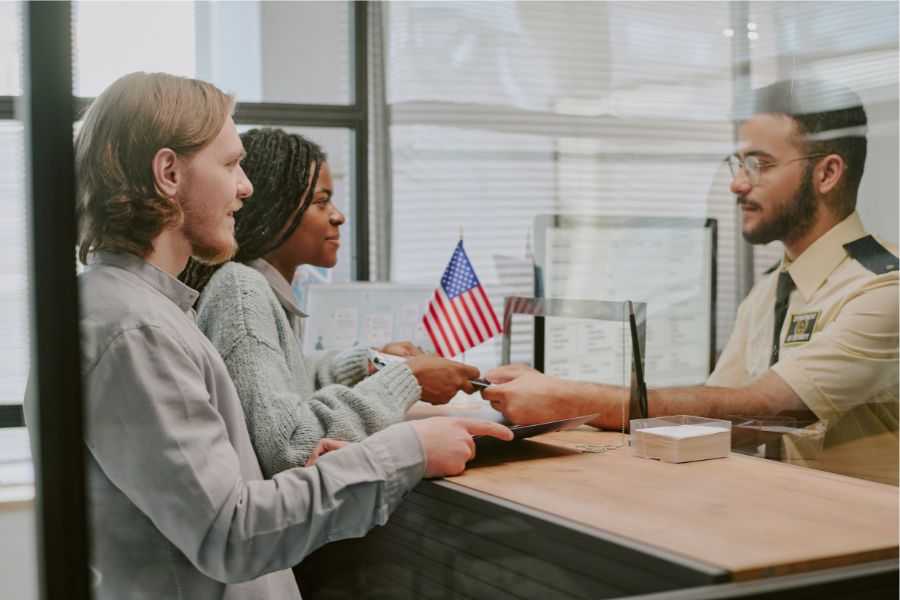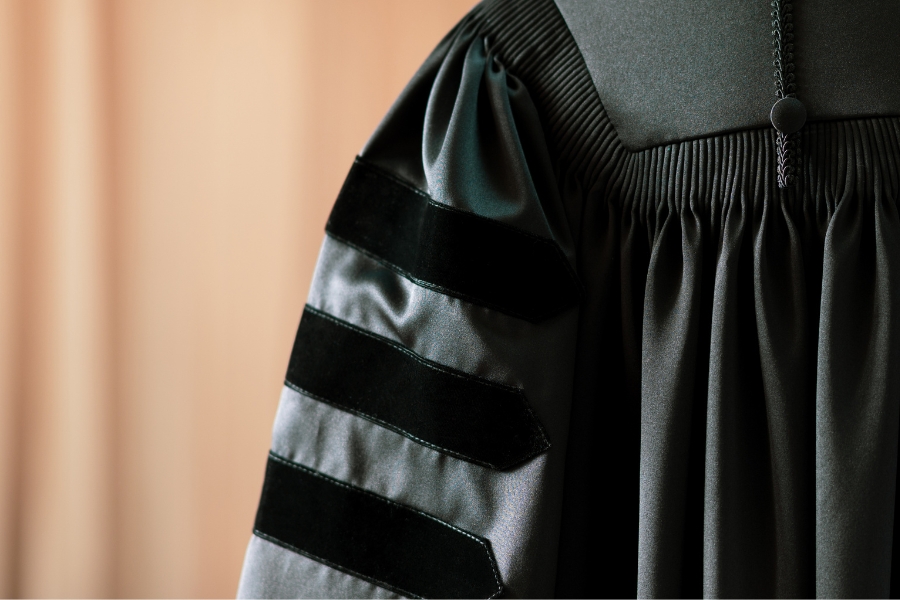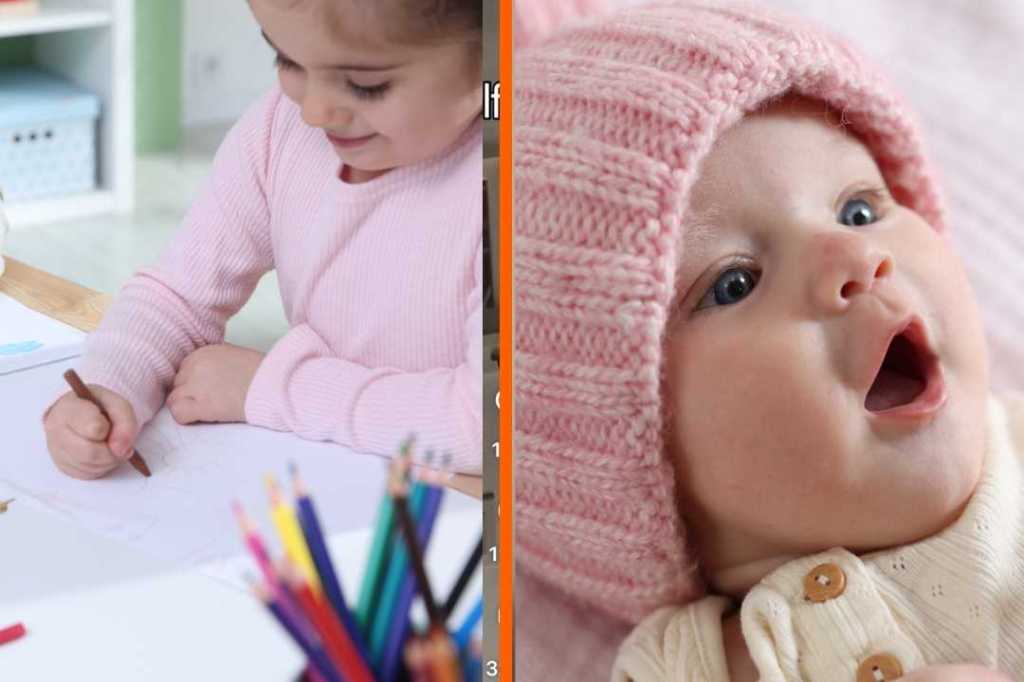America is the land of immigrants. It’s something that the country has boasted since the first boats arrived on Ellis Island more than 130 years ago. In school, kids are taught that, due to the diverse immigrant communities, the country is a salad bowl or melting pot of cultures. Like a salad where every added ingredient maintains its original colors, flavors, and shapes, to make something delicious when consumed together, immigrants do the same for America.
Telling their family’s American origin story is a point of pride for many, but since the country is just shy of 250 years old, the majority of Americans have been on the land for generations. Their family’s immigration story is one from the distant past, which means the average American has no idea how the immigration process works in modern times. Immigration attorney Kathleen Martinez teamed up with immigration consultant Alejandro Martinez to show exactly how immigration works in America today.
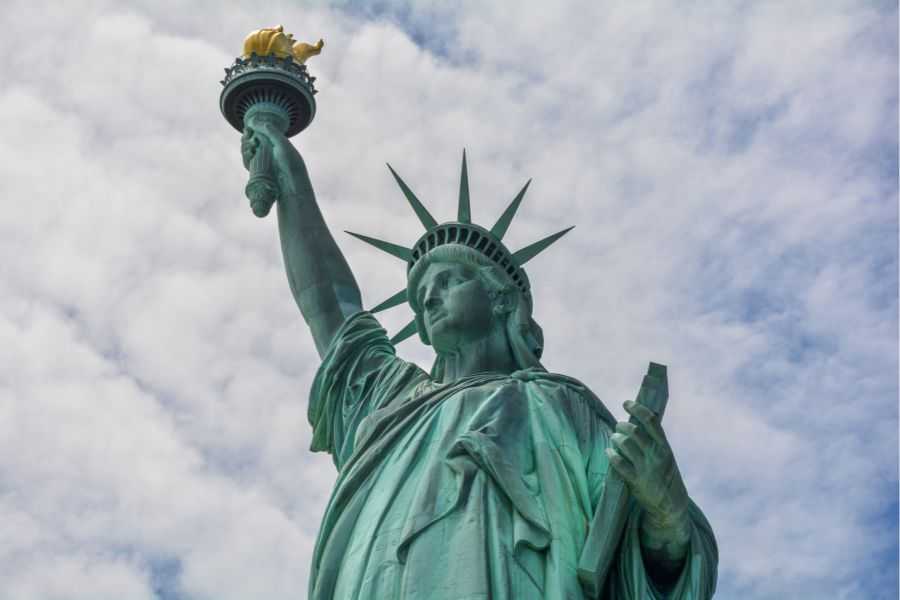
The process seems to be entirely convoluted with a lot of unnecessary hurdles and vague instructions that shock the conscience of viewers. After being asked by Alejandro what it means to “do it legally,” Kathleen stands in front of a whiteboard with multiple squiggly lines and phrases to represent different steps in the process.
“When other people tell immigrants to ‘do it legally,’ what they’re referring to is how they enter the country. So let’s talk about entering legally,” Kathleen says. “So let’s say that you entered on a visa, right? Let’s say that your visa is not expired, so that means that you’re still in legal status. You’re good. You’re still legal, right? So let’s say you’re going to adjust status to a green card through an employer, well, it depends. Are you with an employer who will actually petition for you a green card, then possibly you did the entire thing legally.”

That’s about as simple a process as you can get, if you’re lucky, but most people immigrating through a work visa do not fall into that category. Kathleen explains that the next option is a work visa that enters into a lottery system, which is common for H1B visas given out on a limited basis by the government. Being entered into the lottery system to transition from a work visa to a green card means getting a green card is left up to chance.
If your number is pulled, congratulations! No, you don’t get a green card. You get to move to the next step, called the Visa Bulletin. “When you’re in the Visa Bulletin, depending on what country you’re from, it could take you up to 25 years to get your green card. So yeah, you did the entire thing legally. You won. You got the lottery, but oh no, you have to wait another 25 years and be undocumented in the United States in order to get your green card,” Kathleen explains.
That confusing bit was only one way to become a permanent resident in the United States; there’s more. The immigration attorney then shares how the process works if you’re working in America on a temporary work visa. “You’re on a temporary visa, meaning that you were supposed to return, or it expired. Now you’re on the expired status pile. You are not here, no longer doing it legally, although you did enter legally, which is so weird. So now you need to look at other options because if you’re on expired status, you’re no longer going through an employer.”
If someone’s temporary work visa expires, and they can’t afford to go back to their home country, or they don’t want to due to building a life in America, options become even more confusing. According to Kathleen, the options are limited. If the immigrant is married to a U.S. citizen, their spouse can petition the government for a green card. The same is true if their child is a U.S. citizen over the age of 21, or if they’re the child of a U.S. citizen and they themselves are under 21 years of age.

If an immigrant doesn’t fit into one of those three categories, another relative, like a sibling, can petition for them, but that will put them into the Visa Bulletin. Keep in mind, this entire time, this hypothetical immigrant is still undocumented, though they originally entered legally. If they don’t have any family members to petition for them, they can try the humanitarian route through T Visas or U Visas, which would allow them to enter the lottery. The immigration attorney still was not done explaining the long, difficult process.
People were unprepared for how ridiculously confusing the entire immigration process is. One person writes, “It’s Shoots & Ladders, with only Shoots and no Ladders.”
Another laments, “There’s no sane reason it should be this complicated if all I had to do was to be born here.”
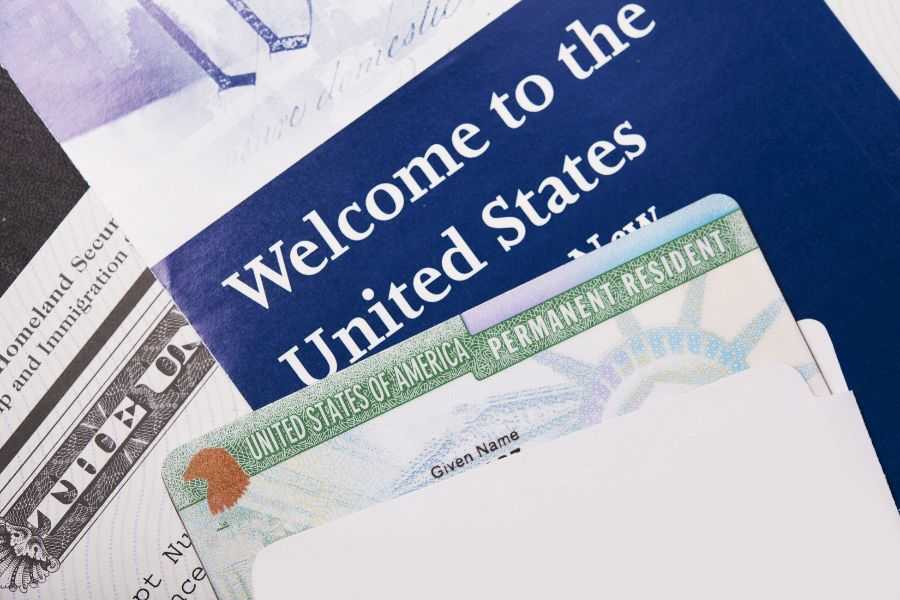
“It’s soo wild how many hoops you gotta jump with our immigration system. Even for my mom when she applied for citizenship, and I’m talking like about 50 years or so ago, it wasn’t as bad, from what she tells me, it has definitely changed a lot over the years,” someone else shares.
This person’s mind was blown, “Bro, I thought I knew. I had NO idea.”
One person points out, “And then there’s DACA, people who were brought here as kids. There’s no pathway for them.”
“Can you do one simply explaining how HARD it is to get a tourist visa? My sister and I have dreamed of visiting NYC since we were kids. We’re almost 30 now, and the tourist visa process takes about two years just to get interviewed about every possible private-life detail, get all our paperwork, phones, texts, and bodies examined, tons of pesos required, and the turnover rate is SO HIGH. I promise we would NEVER stay in the US,” someone else shares.

